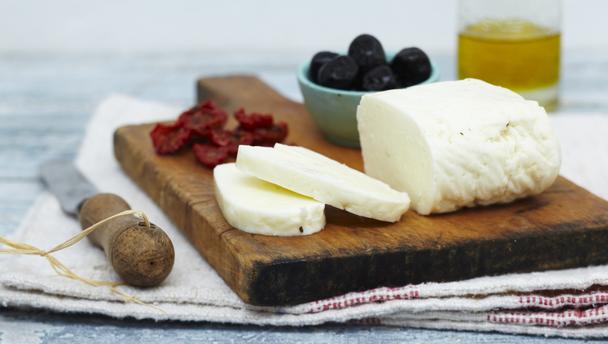
Industry Overview of Cyprus

(source: Statistical service of the Republi of Cyprus)
Tourism
![]()
Tourism in Cyprus occupies a dominant position in the economy of Cyprus. Tourism significantly impacts the economies, cultures, and the development of Cyprus. Throughout this difficult period tourism has remained economically robust - the only commercial sector on the island to see continuous growth. The sector’s total contribution to GDP during 2013 was 20%, the result of a slight increase of around 1.35 in the number of visitors to the island. Analysts are confident that by consolidating its core attractions, while at the same time diversifying and developing niche areas in response to changing consumer demand, Cyprus tourism will continue on a path of stable and steady growth.
For more information, click here
Pharmaceutical products
![]()
For years, Cyprus has enjoyed a worldwide reputation as the manufacturer of high quality pharmaceuticals, especially of generic drugs. The Cypriot pharmaceutical industry has been developing dynamically over the past twenty years and now has at its disposal the latest technologies, specialized personnel and constantly extended and modernized production infrastructure, generating a broad range of products exported to 70 countries in the world.
For more information, click here
Cement and gypsum
![]()
The sedimentary rocks are the main sources of the industrial minerals of the island. The main industrial minerals include gypsum (used in the cement production), brick clays, umber, ochre and terra verte (natural pigments), marls and chalks (cement production), bentonitic clays (various industrial uses), building stone, celestite and magnesite.
Aluminum products
![]()
The Cypriot aluminum industry, responding to market needs, continues to develop and currently constitutes one of the major industrial sectors of the country. Constantly modernized production lines, introduction of most recent technologies and systems guarantees high quality products, at the same time meeting all EU countries’ standards.
For more information, click here
Wines of Cyprus
![]()
Wine has been part of Cyprus history since over 4000 years. Today Cyprus wine is about old tradition and modern technology. There are fifty recognized wineries (and lots of smaller mainly for house production).
For more information, click here
Olive oil
![]()
Cultivation of olive trees in Cyprus goes way back in the history of the island; the archaeological discoveries prove that they were cultivated on the island already 4 000 years ago, and that there was an olive press in the vicinity of Limassol 1 000 B.C. In modern times the greatest development of olives cultivation took place in the 1930s of the 20th century. Between 1946 and 1958 the number of olive trees increased by 40% and they have become the most numerous non-forest trees.
Halloumi and other cheese products

Halloumi is a white, semi-hard Cypriot cheese which, owing to its taste and properties, is recognized as the gem in the crown of Mediterranean cheeses, being at the same time the hallmark of Cypriot cuisine. Cyprus has the exclusive right to its production and name. Halloumi is one of the most well-known export products of Cyprus which is sought after not only in EU member countries or in the United States, but also in Arab countries and the Middle East.
Real Estate Sector
![]()
Cyprus, the third largest island in the Mediterranean, has become a magnet for international buyers looking to invest in overseas property. The island’s convenient location, at the meeting point of three continents, with excellent air links to Europe and the Middle East, makes it highly desirable for investors, expats, retirees and those looking for a second home in the sun.
The Cypriot property market is traditionally sustained by British buyers, about 47% of overseas sales. The second place has Russian buyers, now making up 38% of foreign property acquisitions.
Back to Industry and Tourism
